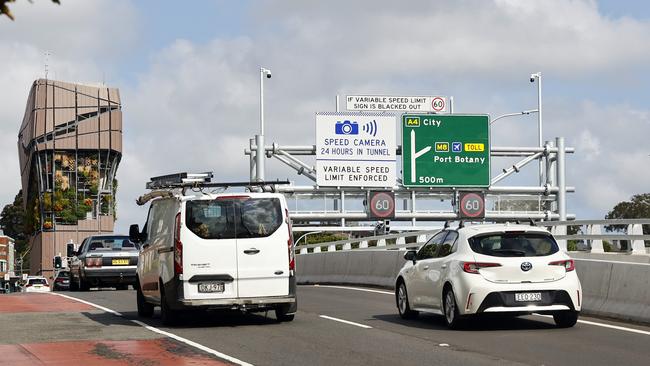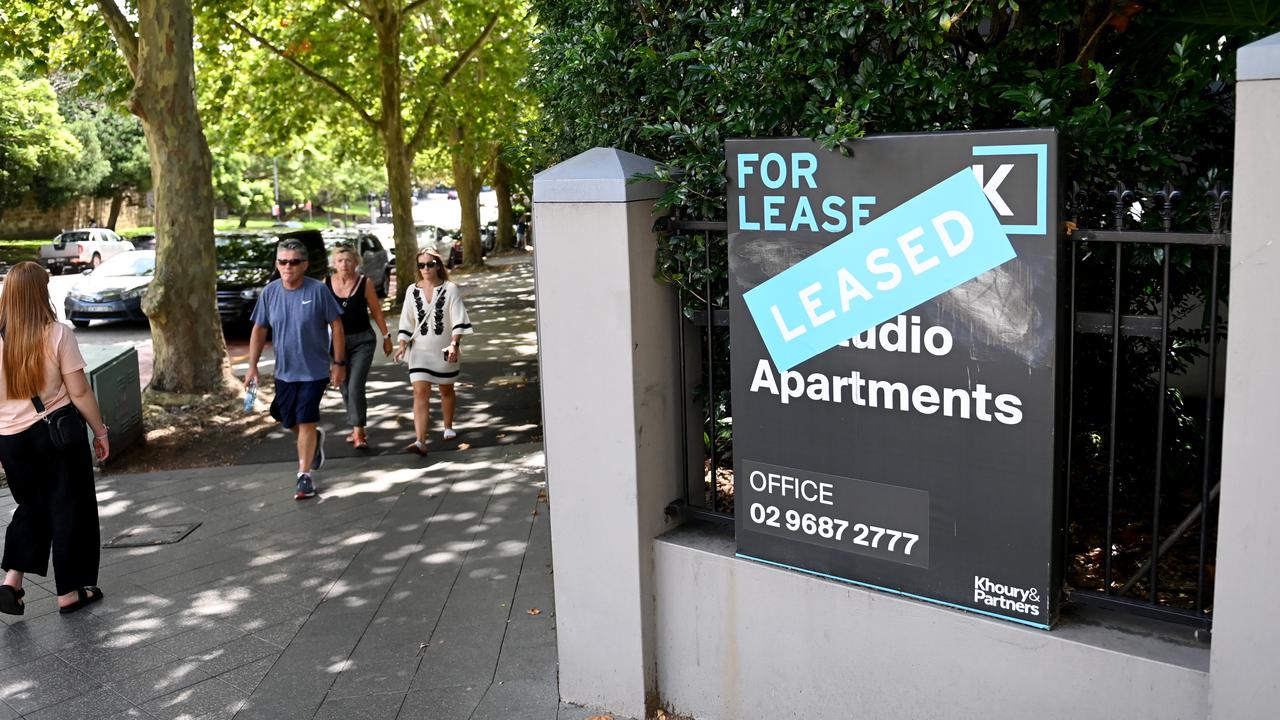Industry super funds lose their competitive edge – and the problem may last for years to come
The deep commitment to unlisted assets at leading industry funds is now dragging on performance, and the problem may last for years to come.

It’s a major turnaround. Industry super funds, which had built what looked like an unassailable lead over their commercial rivals, have regularly taken second place as the performance results flow in for the 12 months to July.
For the first time in years, commercial retail super funds such as AMP and Colonial have shone brighter than major industry funds often linked with large trade unions.
What happened? The “unlisted assets” that powered industry funds to great heights over the last decade led them to a relative underperformance in the last 12 months.
When interest rates were low, industry funds holding in unlisted assets such as toll roads and bridges were a major winner – but then interest rates started to lift. The advantage is now becoming a disadvantage.
It also means big funds substantially missed a thumping sharemarket upswing, especially on overseas markets in recent months.
What’s more, the relative weakness exposed at big funds such as AustralianSuper and CBUS may last for years because fund managers cannot easily change their mix of investments when it comes to unlisted assets.
Indeed the funds themselves talked of the illiquidity issue as a point of difference in recent years, it’s now a legacy issue.
There are always variations in comparing super funds and difficulties around the exact definitions of balanced or growth. But one thing is already clear: the performance of key industry funds waned in the last 12 months as retail funds rebounded.
Over the 12 months to July – the balanced fund at Colonial First State (FirstChoice Employer Super) managed 12.1 per cent, meanwhile the AustralianSuper Balanced fund managed just 8.5 per cent.
Similarly, AMP reported an 11.1 per cent return on its key MySuper fund while CBUS default fund had returns of 8.4 per cent.
As unlisted assets dragged at performance – especially in the property sector – industry funds had less money to place on the sharemarket.
Driven by technology stocks, sharemarkets were strong over the last 12 months. Performance was exceptional in the US, which roared ahead by more than 20 per cent and now constitutes nearly 70 per cent of the entire global market as represented by the Morgan Stanley All-Country World index.
Even without the contribution of offshore markets, the ASX also performed relatively well with a total return over the period of more than 12 per cent, as key blue chips such as Commonwealth Bank underpinned returns.
As Mark Delaney, the chief investment officer at Australian Super, has pointed out: “If you weren’t in the US, you were just getting modest returns. That is where the money has been made over the years. Those investments exposed to higher interest rates really struggled … Even infrastructure didn’t do as good this year as last year.”
Delaney also explained: “Property, which has got both revenue problems and suffered from the impact of higher interest rates, was the worst-performing asset class.”
Commercial super funds typified by AMP or Colonial with less exposure to unlisted assets are now hoping for a strong calendar 2024. Over the year to date sharemarkets have been bounding ahead. The ASX is up more than 5 per cent, the S&P 500 is up 16 per cent so far.
The issue now for industry funds is that it will be very hard to turn the ship around. The very nature of unlisted illiquid investments is that they must be held for long periods of time – in turn that means that the industry funds will continue to find it hard to fully capture any near-term upswing in the markets.






To join the conversation, please log in. Don't have an account? Register
Join the conversation, you are commenting as Logout